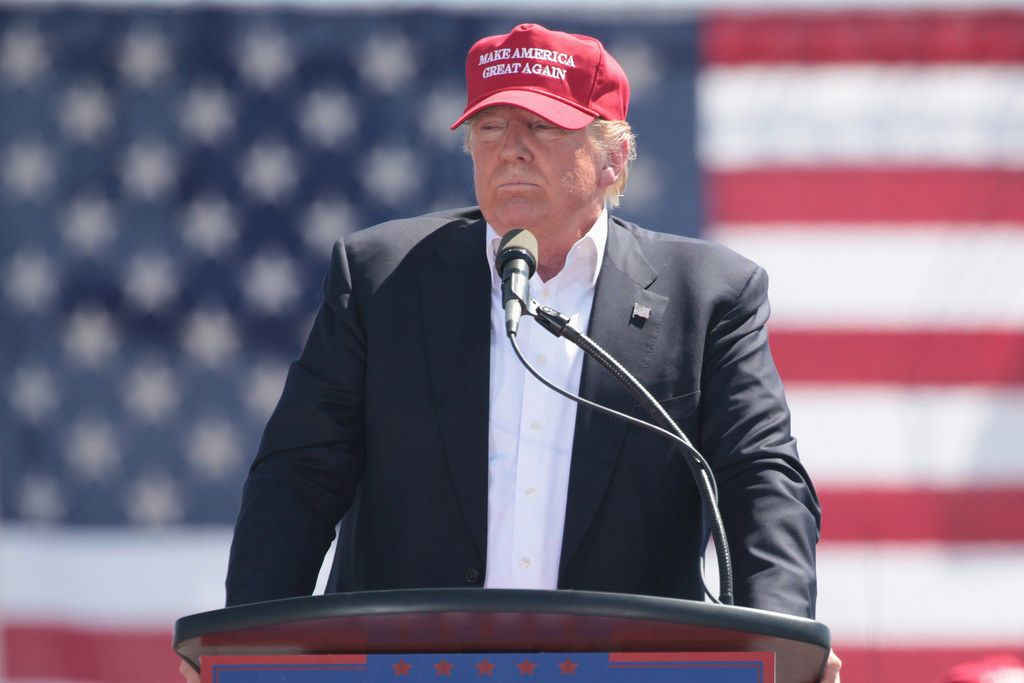Donald Trump’s presidential campaign effectively bucked what the political scientists Donald Kinder and Lynn Sanders adroitly termed the Republican Party’s electoral temptation of race — using implicit racial appeals to win over racially conservative voters without appearing overtly racist. Trump’s play instead was to make several explicitly hostile statements about minority groups.
Trump has been willing to go where most Republican presidential candidates haven’t. That might have made anti-minority sentiments a more potent force in the 2016 GOP primaries than in primaries past. That’s plausible, because campaign appeals to racial and ethnic anxieties have often succeeded in activating support for politicians. […]
Republicans who scored highest on racial resentment were about 30 percentage points more likely to support Trump than their more moderate counterparts in the bottom quartile of the party in racial conservatism. […]
A similar pattern emerges in […] attitudes about Muslims. Republicans with very unfavorable views of Muslims were substantially more likely than their fellow partisans to support Trump in both RAND’s Presidential Election Panel Survey and the 2016 American National Election Study Pilot Survey.

